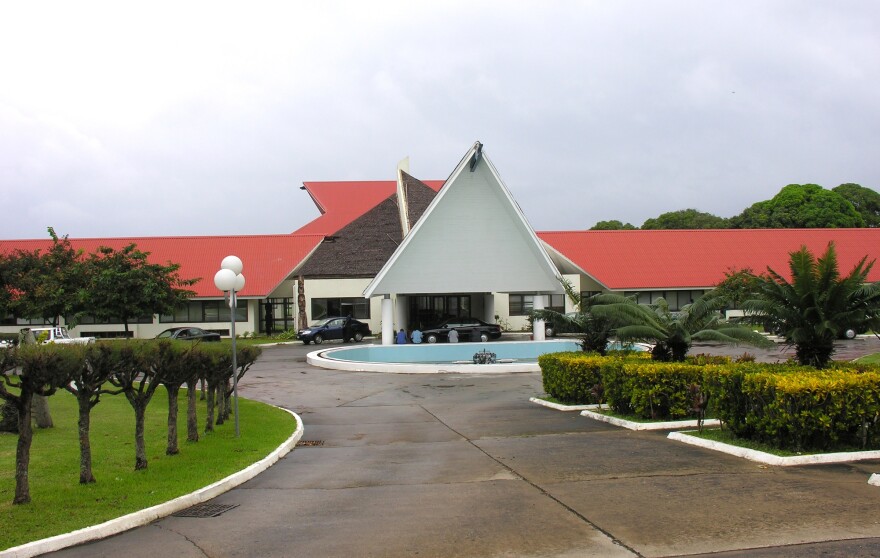The government of Vanuatu survived a motion of no confidence in parliament this week, but the vote revived some unhappy memories.
Vanuatu was plagued by political instability for most of this century; one government after another was toppled in votes of no confidence, with members of parliament crossing the aisle on promises of ministries, or, sometimes, after outright bribes. And there were real consequences.
One example: the airport – the hub of the country’s vital tourism industry – needed repairs. Successive governments all had different plans but none lasted long enough to actually begin the work. Airlines finally declared the airport unsafe, and suspended flights.
It all came to a head in late 2015, when the speaker of the house used a constitutional loophole to pardon himself and 13 other members of parliament who had just been convicted of bribery.
Vanuatu’s political culture seemed to turn the page after elections in 2016, but, maybe not. Last month, the leader of the opposition filed a motion of no confidence in the government of Prime Minister Charlot Salwai. The motion was signed by 30 members of the 52 seat parliament, but then several MPs objected that their signatures had been forged.
The Vanuatu Daily Post published one MP’s signature on his passport, next to the different looking signature on the no-confidence motion. When it came down to a vote this week, 31 MPs supported the government.
The leader of the opposition, Ishmael Kalsakau, vowed to take the matter to court, and, according to RNZ Pacific, he charged that MPs switched sides, because they’d been bribed.




